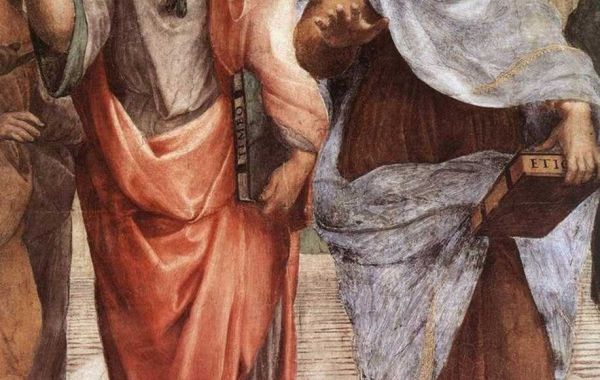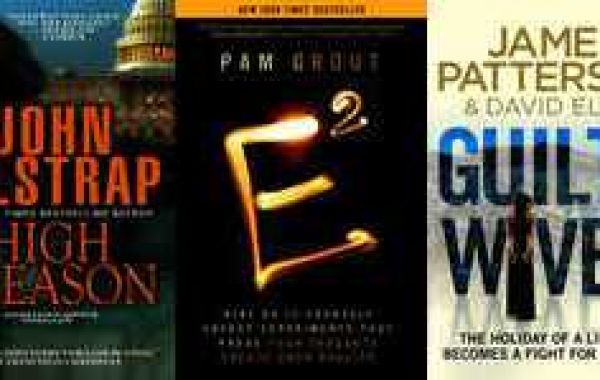Greek tragedy is a significant part of the ancient Greek legacy. A famous Greek philosopher Aristotle defines the specifics of tragedy and a character called “tragic hero”. According to Aristotle, tragedy is a type of play, which invokes the feeling of pity in its audience (“Greek Theory of Tragedy: Aristotle's Poetics”). The plot is the most important part of a tragedy and there always should be the act of fortune reversal (“Greek Theory of Tragedy: Aristotle's Poetics”). A tragic hero is a character who meets six specific criteria set by Aristotle, and is neither good nor bad. These criteria include hamartia, hubris, peripeteia, anagnorisis, nemesis, and catharsis (“Tragic Hero”). Only the one who meets all these criteria can be a tragic hero. Some characters of Greek tragedies are the ideal tragic heroes while some of them meet only several of these criteria. In Antigone, only king Creon meets all Aristotle’s criteria of a tragic hero while Antigone meets only a half of them, and Haemon is not a tragic hero at all.
Creon meets all Aristotelian criteria and is an ideal tragic hero since after his pride results in his fatal flaws, the audience still sympathizes him. Creon is one of the main characters in Antigone (Sophocles), a king of Thebes whose actions caused the tragedy. He meets hamartia criterion since his decisions not to bury Polyneices and imprison Antigone were the tragic flaws resulted in his downfall. Creon demonstrates hubris, which refers to excessive pride as he ignores the divine laws, which require fulfilling the familiar duty, and establishes his own laws. Peripeteia, a reversal of a fate, happens when Creon meets Tiresias who says that Creon’s pride and false decisions will lead to his downfall as a father and as a ruler. Creon’s anagnorisis is the moment when the messenger tells the king that Antigone committed suicide refusing to take the will of the king. Creon experiences nemesis as well when he realizes that both his only son and his wife committed suicides and that his actions caused these terrible events. Despite all the bad things that Creon does, there is a catharsis because the audience feels pity for him and accepts his redemption at the end of the play. Therefore, Creon is definitely an Aristotelian tragic hero.
Antigone is not completely a tragic hero since she meets only the criteria of hamartia, peripeteia, nemesis, and catharsis. Despite being the protagonist of the play and the most important character, she meets only a half of the Aristotelian criteria. In Antigone’s case, hamartia happens when she decides to disobey the king’s rule and bury Polyneices following divine laws. She experiences peripeteia as well since at first, the guards do not notice her, but then she becomes careless and being caught. Antigone’s nemesis is Creon’s order to sentence her to a tomb. She cannot avoid this punishment; she is completely aware of it and ready for it, which is clear from her dialogue with Ismene at the beginning of the play. Catharsis is the reaction of the audience toward Antigone’s suicide since Creon was about to release her. Her death is an act of defiance and a desire to live in accordance with divine laws. However, Antigone does not experience hubris as she does not disrespect the natural order of things. In fact, she tries to live in accordance to such order and the price for such a desire is her life. She does not experience anagnorisis because she does not make any important discovery, unlike Creon, for example. Therefore, Antigone cannot be a tragic hero since she does not meet two important Aristotelian criteria.
Haemon is not a tragic hero at all because he meets only the last criterion, catharsis, as the audience feels pity for his death in the name of his beloved Antigone. Haemon is not the main character of the play, and his role is not so big. His suicide plays the role of the punishment for his father Creon’s excessive pride. Haemon does not do any tragic blemishes and does not behave egoistically, unlike his father. As a result, there is no reversal of a fate in his storyline. He emerges only in two episodes where he speaks to his father and where he commits suicide in the name of Antigone. Therefore, he does not make any important discoveries and does not get any punishment for his actions as there is nothing wrong in them. However, by the end of the play, the audience feels catharsis for Haemon because his death is something that he could avoid if Creon changed his decision about Antigone earlier. Therefore, Haemon is not a tragic hero because he meets only one of the criteria and all the other ones are not valid for his storyline.
In conclusion, in Antigone, only Creon is a tragic hero while Antigone and Haemon only meet Aristotelian criteria partially or do not meet them at all. Creon is a perfect illustration of a tragic hero since he is neither good, nor bad; he follows all six stages one-by-one to finish suffering from the outcomes of his actions. In addition, his fatal flaws are caused mainly by his arrogance and excessive pride as he is convinced that his laws are above the divine rules. Antigone, despite being the protagonist of the play, is not completely a tragic hero since she does not meet the criteria of hubris and anagnorisis. However, she meets all other criteria and is neither good, nor bad character as well. Haemon is not a tragic hero at all because he meets only the last criteria, catharsis. His death is pitiful for the audience since he does not deserve it. Therefore, despite the tragic events in Antigone, only one character meets all of the Aristotelian criteria and is a tragic hero.
Thank you for taking the time to read my article! I appreciate your interest and engagement with the content. If you enjoyed this piece, I invite you to explore more articles on my website essay shop . There, you'll find a diverse range of topics and insights that I hope will resonate with you. Your support means the world to me, and I look forward to sharing more valuable content with you in the future. Thank you again for your time and attention.








